 A special BHCA committee appointed to review the individuals or causes represented by public historic markers in the neighborhood has made three proposals and is seeking public comment on them from neighbors before finalizing its recommendations.
A special BHCA committee appointed to review the individuals or causes represented by public historic markers in the neighborhood has made three proposals and is seeking public comment on them from neighbors before finalizing its recommendations.
The recommendations speak to the plinth that once held a statue to Confederate soldiers and sailors, the extravagant statue and fountain honoring Francis Scott Key and a marker pertaining to former resident and lawyer William L. Marbury.
Confederate plinth: Located on Mt. Royal Avenue, the plinth once served as a pedestal holding an elaborate bronze and marble statue installed by the Maryland Daughters of the Confederacy in 1903. It honored Confederate soldiers and sailors who died in the Civil War. The statue was taken down in 2017 by then-Mayor Catherine Pugh, leaving behind the base, which is etched with the mottos of the Confederacy and of Maryland. The review committee recommended that the plinth be removed.
Key statue and fountain: Installed around 1912 on Eutaw Place and shown above, the monument celebrates Key as the author a century earlier of what became the national anthem, The Star-Spangled Banner. He was known less during his lifetime for penning the lyrics and more for channeling his public influence to imprint his racial views on national politics and slow the antislavery movement. The committee found that Key regularly bought and sold Black people in his personal capacity and as a lawyer between 1801 and the 1830s. As a U.S. Attorney, Key aggressively prosecuted advocates of emancipation not only when they abetted runaways, but also for organizing and distributing anti-slavery literature, viewing these actions as libel and sedition. The review committee recommended the installation of an interpretive plaque near the Key monument that provides more context for the man and his times.
Marbury plaque: Installed in the median on the 1700 block of Park Avenue, the plaque placed by the (no longer active) Mount Royal Garden Club honors the memory of Marbury, a distinguished lawyer and political leader who created in 1910 the Mount Royal Protective Association, a predecessor organization to BHCA. Marbury helped draft several state bills designed to disenfranchise Black Marylanders’ voting rights from the late 1890s to 1911. As he told the Baltimore Sun in January 1910, “It is an anomalous condition that an inferior race should share the government with the superior one.” No one knows exactly when or why the plaque was installed after his death in 1935. The review committee recommended removal of the plaque.
Members of the BHCA public historic markers review committee, created in 2020, are Jeff Anderson, Iris Barnes, Toby Ditz, Harry Lord, and Don Palmer. BHCA Past President David Nyweide summarized the report at the November BHCA meeting. More information on the committee’s research and a solicitation for public comments can be found here.
